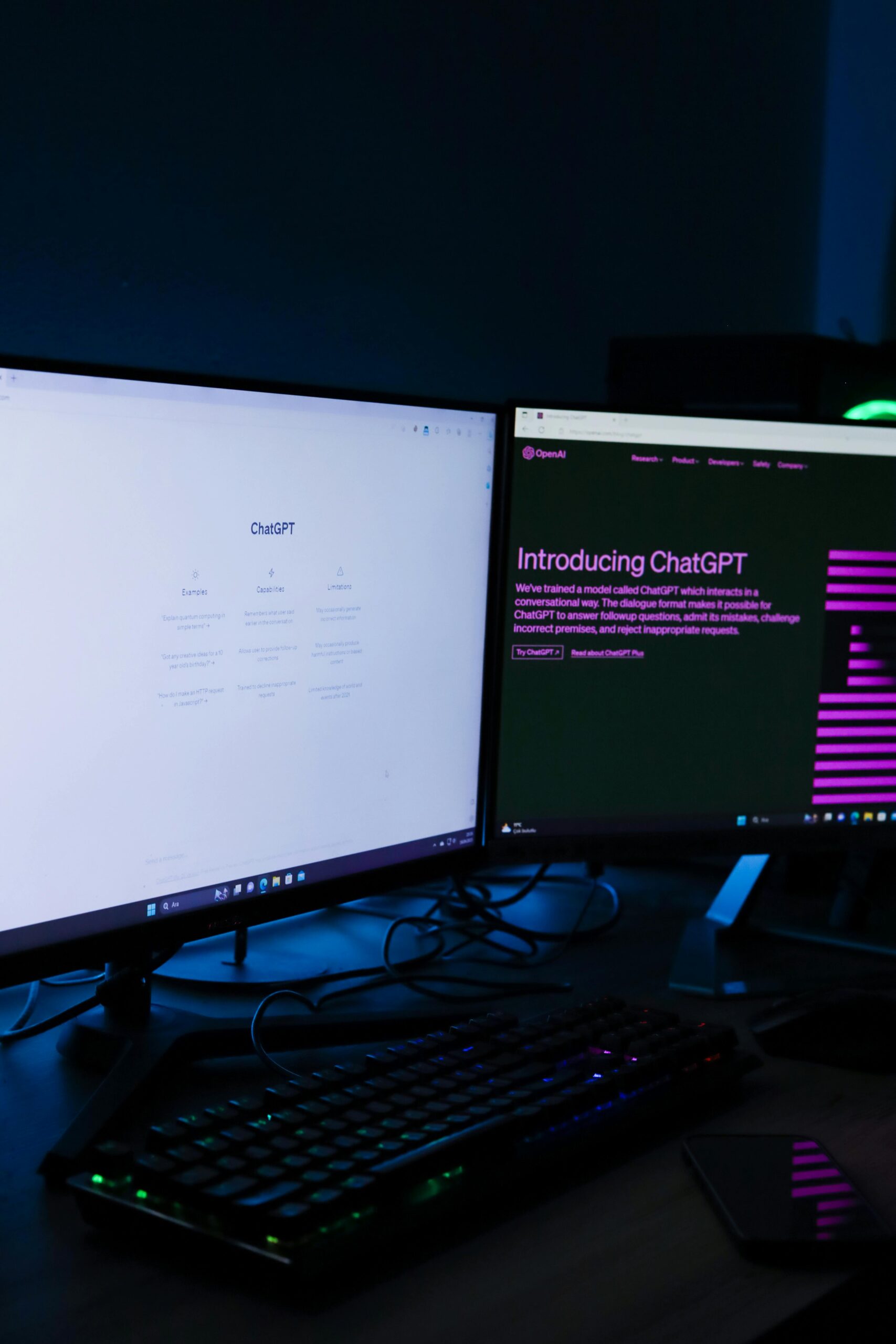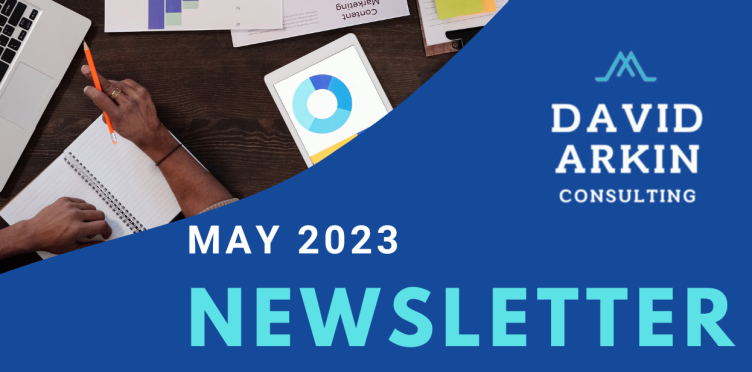

There’s nothing more frustrating for a reporter than dumping hours into a story for it to go unread. For whatever reason, eyes just aren’t making their way to your stories.
What now?
We can’t always expect audience members to come to us – we need to bring the content we’re making to them, and Facebook Groups are a great tool to do so.
We post to Facebook already, why do we need to join groups?
FREE GUIDE
Download Your Guide to Pitching Branded Content"*" indicates required fields
The distribution of your content is just as important as the creation of it. Whether we like it or not, browsing social media and clicking on a headline is a major way people are consuming news now. That means if your page isn’t on their regular feed, they’re not seeing your content – which means you need to find a way to get it in front of them. Facebook likes groups and favors high-quality content, so your content is likely to be seen by a high percentage of those in a group.
Facebook groups are created specifically to bring people of similar interests together to create a like-minded community, often around a certain geographic area or topic. In other words, a gold mine for content creators.

Did your feature story on the latest food truck to hit the area flop? Try sharing it to a local food truck lovers Facebook group and see how it takes off. Instead of just posting the story to your own Facebook page and hoping the eyes that see it are interested in food trucks, take that content to a group of people who are looking specifically for that kind of content.
Which groups do we join?
Groups are very easy to find through Facebook’s search feature, complete with a “Groups” section that will filter your results. Be sure to check out the groups that you are interested in joining first to make sure they’re the right fit for your content and an appropriate space for it. See how many members are in the group and how many times per week posts are made. For example, an entire community forum for your city is going to have a lot more traffic than a group for your local cycling group, both of which are valuable.
Be sure that the group has plenty of members to make the effort of posting there worthwhile, and make sure that people are actively engaging with the content being posted in the group. If a group has 1,000 people, but only 1-2 posts per week are made, it’s probably not a very active group. You’d be a lot better off joining a group with 500 people that posts 5-6 times per week.
In terms of what groups to search for topic-wise, anything geographically related to your coverage area is a no-brainer. See if your neighborhood, city, county, state, region—whatever it may be—has its own group. Other groups to look for can be area mom’s groups or groups for parents from specific schools.
You can also break groups down into topics as they relate to the content you’re creating. If your organization posts a lot of business news, find a group made up of local business owners. Creating lots of features on eating and drinking in the area? Try to find a group dedicated to the area’s food scene. Sometimes, the more specific the group, the better the story could perform if it is tailored to that audience.

What do we post?
Most Facebook groups have some sort of moderator or manager that determines which kinds of posts are acceptable. A lot will prohibit any type of marketing and promotional type of content, so make sure your posts are reader-driven and conversational.
When you’re posting to these groups, you want to be seen as a member of that community sharing relevant content to the group, not a media company trying to gain traffic.
Take the example of the new food truck profile story. We’ve now found the group to post it to, and here are what good and bad posts to the group page would be.
Bad: Tony’s Taco Truck, the area’s latest new food truck, is set to open on May 1.
Good: It’s been Tony’s dream to open his own food truck. On May 1, that dream comes to fruition as he opens Tony’s Taco Truck.
Great: I thought the group would enjoy reading about this interesting story about a local guy who made his dreams come true by opening a food truck downtown.
All of the posts are fine. The first one is more newsy than the other, which is a perfectly acceptable post to run with the story when you publish it to your own Facebook page to promote that story. For groups, you want to still capture the same news hook for readers while making it more conversational. Think like a community member who read your story would write when they share it with the group.
How do we act in the group?
In some cases, publicly-run groups will allow business pages to join with their business profile, but in most instances, someone from your team will be joining the groups from their personal or individual professional page. That allows the poster to be more personable, which makes the story feel more organically placed than plucked into a random Facebook group by a news organization.
If you’re going to be posting your content to a group regularly, it’s a good idea to follow along or even engage in that group yourself (without going down the Facebook rabbit hole we all know too well). This will make you a familiar face in the group and also allow you to pick up on the type of content people are looking for and what way it’s being successfully presented.
It’s also not a bad idea to reach out to the group admin(s) and introduce yourself, note the kinds of content you would like to share and try to build some kind of relationship.
Going back to the idea that people are consuming news by reading headlines and posts found on their feed – you now know what that audience wants and you are now on their feeds, so make your post appealing to them and make them click.
In some places, a Facebook group may not exist for what you’re looking to share. Seeing how important this can be in connecting a community, your media organization could even consider creating one of these pages themselves.
Is your media company or organization looking to increase its digital audience and revenue? David Arkin Consulting can help. To learn more about our services, email us at david@davidarkinconsulting.com.
We'd love to help your organization! Fill out the form below to get started.
Recent Posts

Advertisers love these engaging newsletter units

These GPTs will elevate your content & revenue

How and why your SEO strategy should evolve

Here’s how to make editor and publisher letters more useful for your audience

David Arkin Consulting welcomes Olivia Sims as content writer
Case Studies

How this unique coaching program taught a reporter the digital skills she needs for the future

How branded content sales exploded for this newspaper in New York

How a TV station in South Dakota significantly grew its traffic through Stacker’s news wire

How these changes helped this newspaper’s coverage of a limo trial skyrocket to the top of Google search result pages

